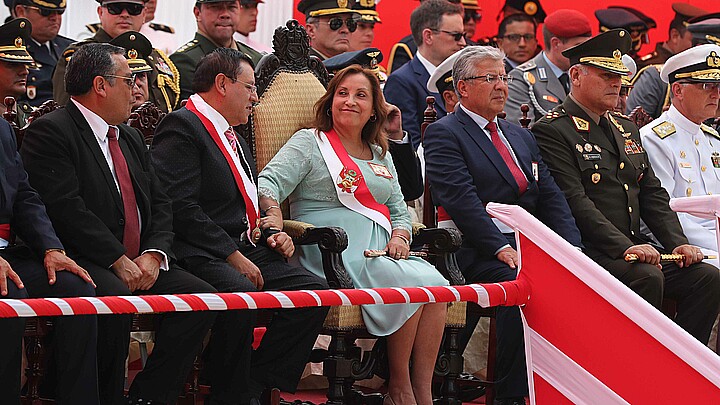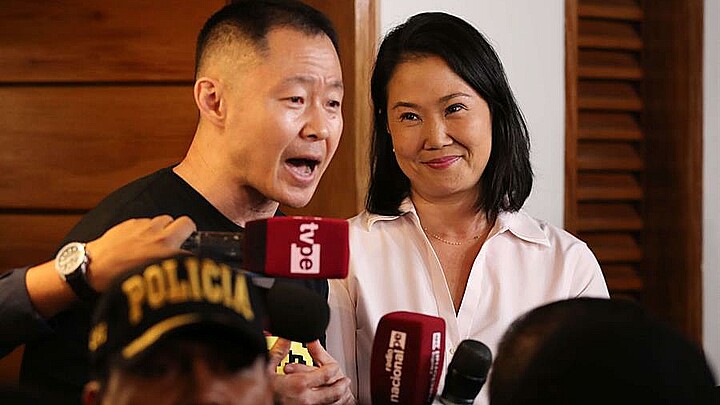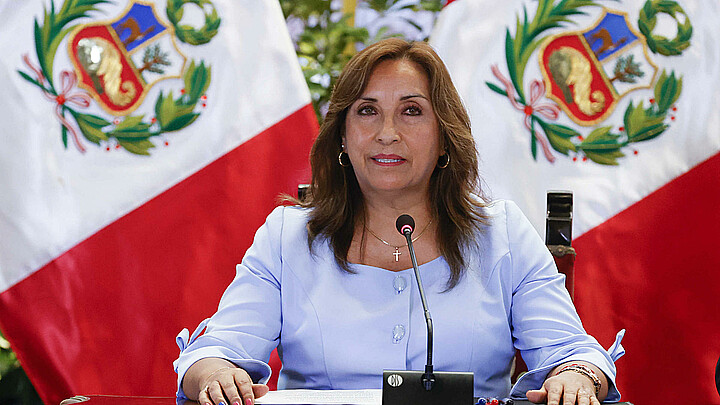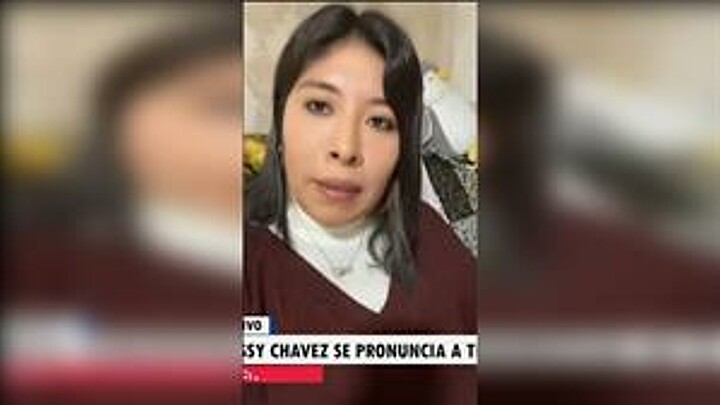Politics
Peru's socialist president faces legal troubles for "attacking the freedom of millions"
"I have filed a Constitutional Complaint against Castillo for attacking the freedom of millions of Peruvians,” the opposition leader and Avanza Pais party member said in a statement
April 12, 2022 5:09pm
Updated: April 13, 2022 4:35pm
Peruvian Congresswoman Patricia Chirinos filed a complaint against leftist President Pedro Castillo on Monday for “attacking the freedom of millions” of citizens after he decreed a mandatory curfew in the capital city of Lima on April 5.
"I have filed a Constitutional Complaint against Castillo for attacking the freedom of millions of Peruvians,” the opposition leader and Avanza Pais party member said in a statement.
According to Chirinos, "the declaration of a curfew on April 5 was a flagrant transgression to the constitutional order, for which the president must be held accountable before Congress.”
The legislator further accused the president of allegedly violating several articles of the Peruvian Constitution. In a document she submitted to the Congressional Subcommittee of Constitutional Accusations, Chirinos asked for Castillo’s immediate dismissal and his disqualification from holding public office for ten years – adding that she will soon file similar petitions to include the members of Castillo’s cabinet, headed by Prime Minister Anibal Torres.
La declaratoria de inmovilización social del 5/04 es una flagrante transgresión al orden constitucional, por la que el presidente deberá rendir cuentas ante el Congreso. He presentado Denuncia Constitucional contra Castillo por atentar contra la libertad de millones de peruanos. pic.twitter.com/pzKbZmIais
— Patty Chirinos (@PattyChirinosVe) April 11, 2022
"The President of the Republic has not only violated our Constitution, he has also demonstrated a deplorable inability to handle the crisis and the consequent social unrest – a fact that is reflected by his irrational, unnecessary and disproportionate measures,” the document read.
On April 5, Castillo declared a state of emergency and curfew in Lima and Callao, in the midst of the largest protests against his administration, fueled by a strike organized by transportation and agricultural workers. The measure was lifted the next day, however, after angry Peruvians took to the streets to reject the order – forcing the government to switch tactics and issue a state of emergency over the highway system instead.
Shortly after the curfew was lifted, the country’s roads were taken over by the police and Armed Forces and “constitutional rights associated to free transit, freedom of assembly and personal liberty and security" on the roads were temporarily "suspended.”
In a recent statement, Human Rights Watch (HRW) said that the president’s decrees were “disproportionate measures that open the door to obuses.”
According to Tamara Taraciuk Broner, HRW director for the Americas, "suspending people's basic rights and sending troops to deal with a strike and crime is dangerous and very disproportionate to the situation".
The NGO further noted that Peruvian authorities "provided limited, if any, justification for the emergency measures," and that "the latest measures appear more like an attempt to stop anti-government protests at a time when the government faces enormous political difficulties."










